Grand Théâtre de Genève is the main opera house of Geneva. The venue is a majestic building, towering over Place Neuve, officially opened in 1876, partly destroyed by fire in 1951 and reopened in 1962, after extensive refurbishments, which houses the largest stage in Switzerland. As an institution, it is the largest production and host theatre in French-speaking Switzerland, featuring opera and dance performances, recitals, concerts and, occasionally, theatre.
Built in 1879, the Grand Théâtre de Genève is the largest artistic stage in Switzerland and home to the Geneva opera house and the Geneva Ballet Company. Every season, it features nine performance runs of opera, three of dance and a broad range of recitals and cultural, youth-friendly or festive events to develop its audience and honour its public service mission. Gutted by fire in 1951, the building and the front of house retain its original Beaux-Arts style whereas the wood-panelled auditorium, completed in 1961, seats 1500 and boasts a spectacular metalwork security curtain that extends into the ceiling, where 1200 glass stars shine as the house lights. The Grand Théâtre de Genève employs its own opera chorus of 40 singers and has an artistic partnership with the Orchestre de la Suisse Romande for its opera season. Since 2019, Aviel Cahn is the general manager of the Grand Théâtre de Genève and since 2022, the Geneva Ballet Company is directed by Sidi Larbi Cherkaoui. The Grand Théâtre de Genève was named Opera Company of the Year in 2020 (Opernwelt).
Designed by JacquesElisée Goss on a design by Henri Sylvestre, the Grand Théâtre de Genève opened in 1879, in a BeauxArts and Second Empirestyle building, with a horseshoeshaped auditorium. In 1951, there was a terrible fire, during a rehearsal of Wagner’s Walkyrie: the auditorium, stage area and roofs were destroyed. It reopened in 1962 after a reconstruction project led by Charles Schopfer, Marco ZavelaniRossi and Jacek Stryjenski (the latter having designed the huge ceiling inspired by the Milky Way called Alto). The foyers and adjoining areas were then hurriedly restored. The stage area was modernized in 1997 and the stage decks in 2006. Between 2016 and 2019, the Grand Théâtre was closed for renovations and its activities were held at the Opéra des Nations. The Place de Neuve site underwent an architectural renovation (new rehearsal rooms and changing rooms in the basement, meeting room in the attic area), also involving security (upgrading of comfort and fire standards) and heritage items. The foyers and hallways were refurbished, tapestries repaired, damaged marble and faux marble surfaces were restored and the parquet floors recreated. Several modern improvements were introduced, such as the box office reception desks and a Milky Waytype lighting introduced in the Upper Circle and Basement bars. The building reopened on 12 February 2019 with Wagner’s Das Rheingold and an Open Doors day followed by a Mapping on the place de Neuve on 23 March 2019 gathering 14000 people.
In 1962, the Grand Théâtre de Genève acquired a permanent ballet company, made up of 22 artists, offering two original choreographic creations per season. Collaborating with choreographers of international renown, over the course of its performances, it has built a worldwide reputation for itself. Today, whilst the premieres are always held in Geneva, the Geneva Ballet frequently performs outside Switzerland (France, Italy, United States, Russia, Australia, China, Brazil, South Africa…). From the 22–23 Season, the Ballet is under the management of Sidi Larbi Cherkaoui.
Founded in 1962, the Choir of the Grand Théâtre de Genève is an ensemble of forty-two professional singers from a wide variety of nationalities.
An essential part of the artistic department of the Grand Théâtre de Genève, the Choir takes part in the productions that contribute to the institution’s renowned reputation. For certain specific productions requiring a larger ensemble, additional professional singers join the group, allowing for flexibility and adaptability according to the program’s demands.
Thanks to the quality of its performances and its dedication, the Choir of the Grand Théâtre is not only recognized for its level of excellence by the press, but its performances are also praised by directors, conductors, and audiences alike. In 2023, the Choir was once again nominated for the Opera Awards.


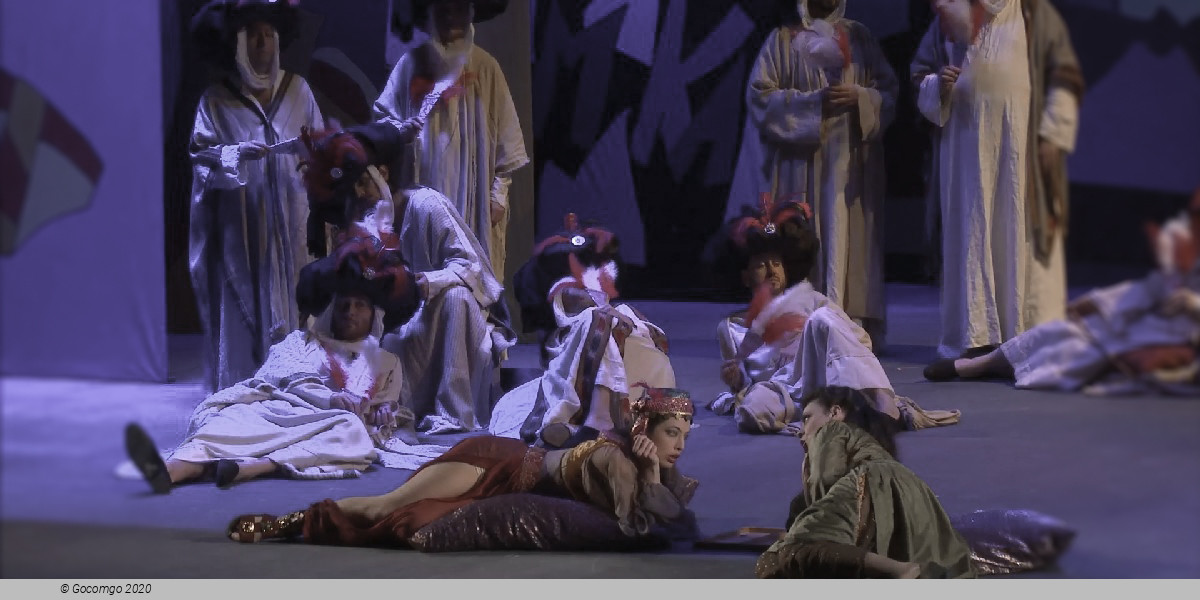
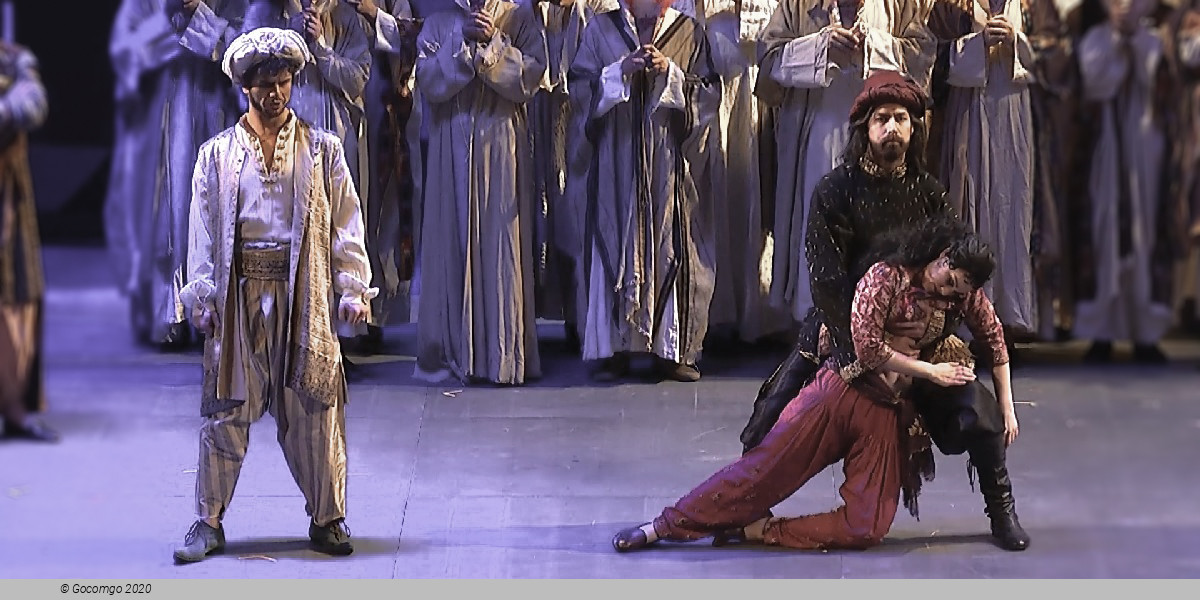
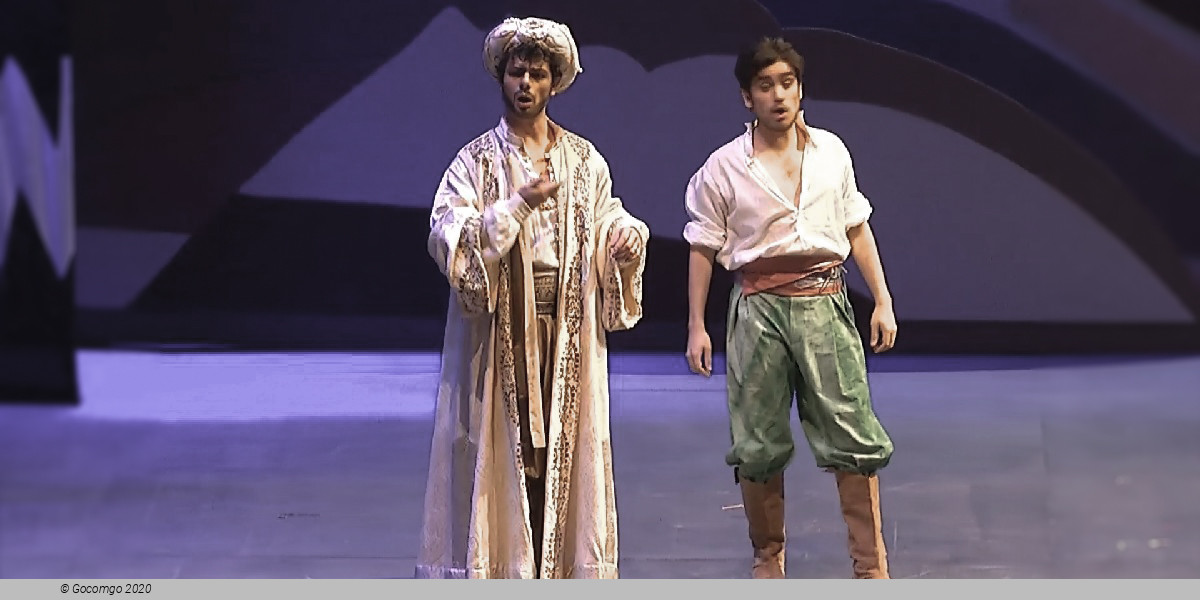
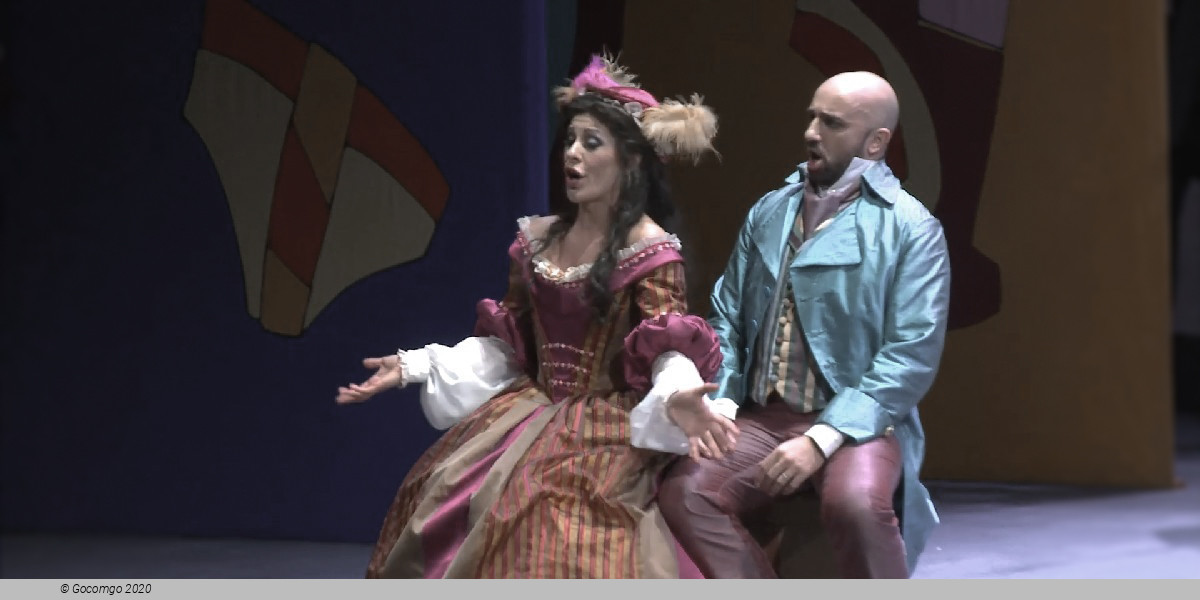
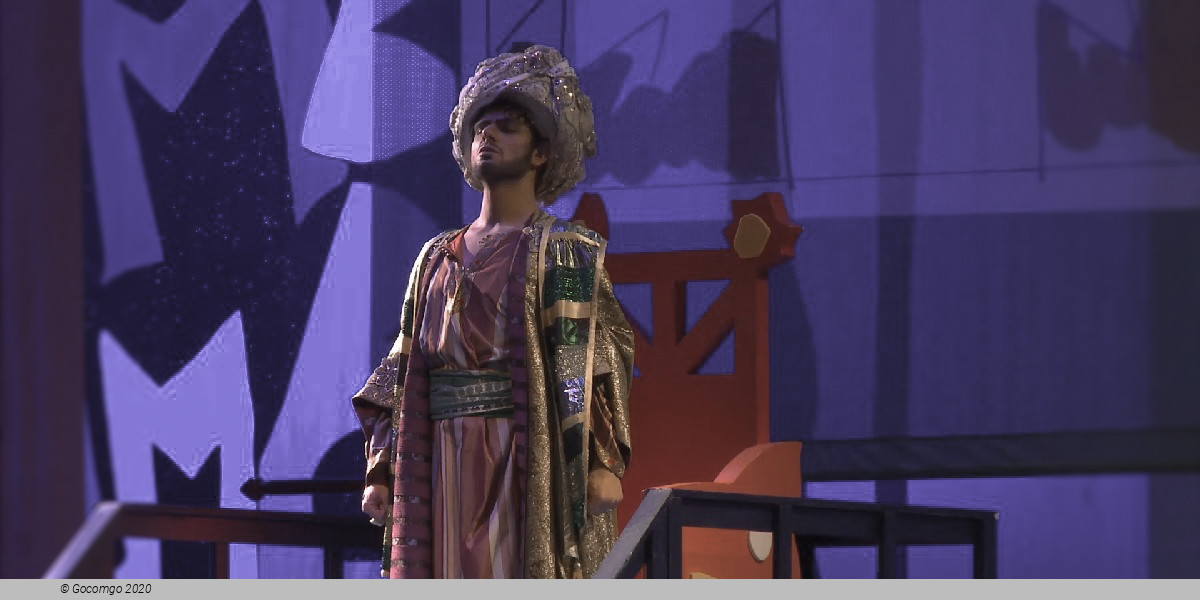
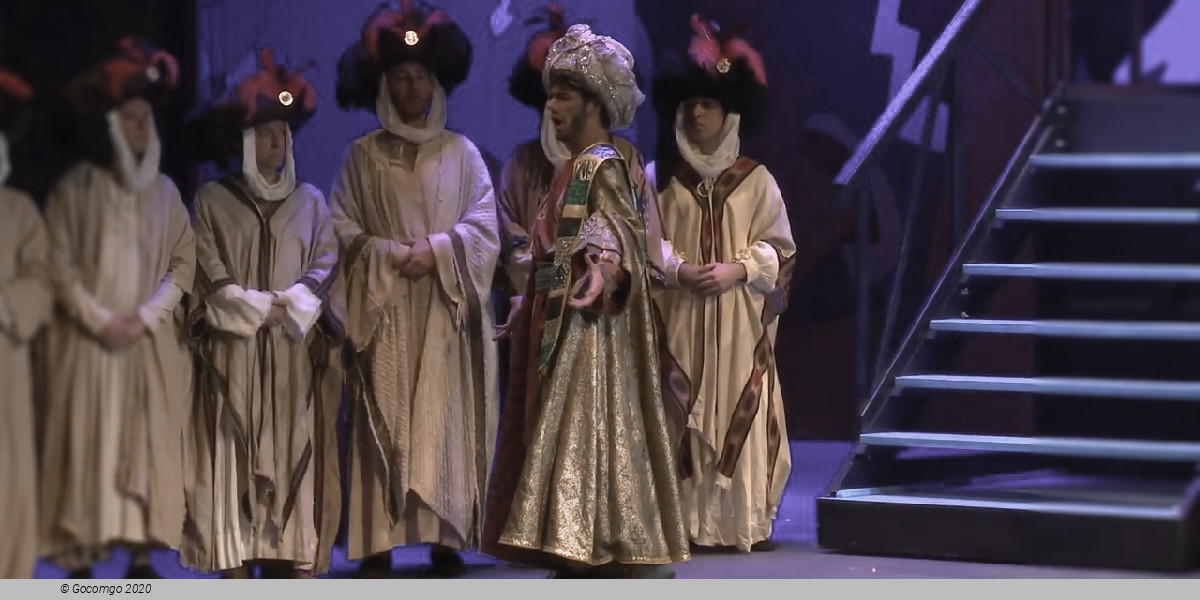
 Boulevard du Théâtre 11
Boulevard du Théâtre 11